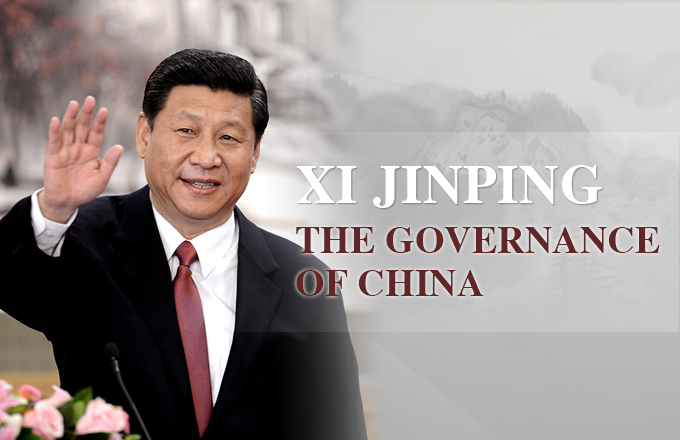Top grossing Chinese film sets a record
As a listed media and entertainment company, Enlight Media predicted that its net profit in the first quarter was between 76.89 million yuan and 82.8 million yuan, up between 290 percent and 320 percent year-on-year.
It contributed the significant growth to the rosy box office performance of the low-budget comedy Lost in Thailand in the period. It premiered on Dec 12. The film has become the highest-grossing Chinese film on the mainland to date with record ticket sales of 1.26 billion yuan, according to EntGroup Consulting, a Beijing-based entertainment industry consultancy firm.
China's national box office revenues reached 17.07 billion yuan last year, according to the State Administration of Radio, Film and Television, which was merged with the State Press and Publication Administration to become a new administration in March.
Enlight Media accounted for 9.4 percent of the movie market nationwide in 2012, following Huayi Brothers Media Group, which had a 12.4 percent share with annual box office receipts of 2.1 billion yuan.
The company earned 1.03 billion yuan in revenue last year, posting a year-on-year growth of 48.13 percent.
Its net profits increased by 76.47 percent year-on-year to reach 310 million yuan, according to its financial report. In the first three quarters, Enlight Media's net profit amounted to only 136.29 million yuan. Lost in Thailand is estimated to have contributed a net profit of more than 150 million yuan in the fourth quarter.
Intellectual property rights protection plays a significant role in the development of the film industry because it can strengthen the profitability of original-movie companies, which is helpful to improving the creativity of domestic movies, diversifying the content of films, Shen said.
The bad effect it might bring to the industry is that some enterprises would attack their rivals in the name of copyright protection, he said. "But, in general, it does more good than harm to the sector."
Liu said: "In some similar cases, the plaintiffs simply want to save money for marketing and promotion and they think a lawsuit would attract much more attention from the public easily and quickly at a low cost."
A new derivative products market could be exploited in the industry if more importance could be attached to the protection of intellectual property rights, Liu said.
For example, film companies could license the broadcasting rights to TV stations, the information network dissemination rights to online video websites and the copyrights to toy manufacturers, he explained.
CEO and President of Enlight Media Wang Changtian said Enlight Pictures, a subsidiary wholly owned by the company, is expected to further invest in film productions and the distribution business in the next two years. The revenue generated from the film arm would account for more than half of the company's total revenues.
In response to the lawsuit, Enlight Media said Lost in Thailand was a film approved for shooting and releasing by SARFT and is protected by law. It said it will reserve the right to counterclaim.
Liu said he expects the case will take more than a year to resolve.



















